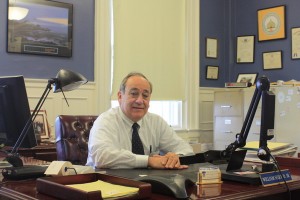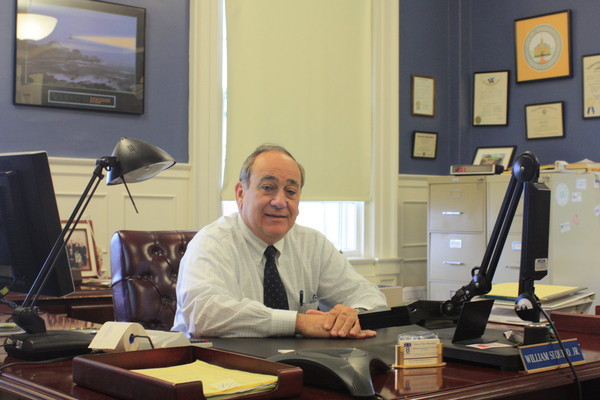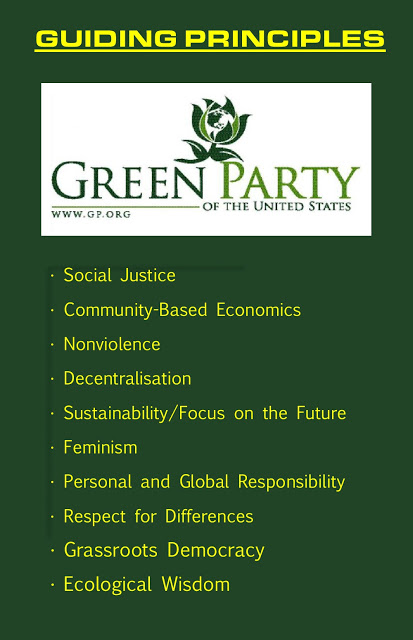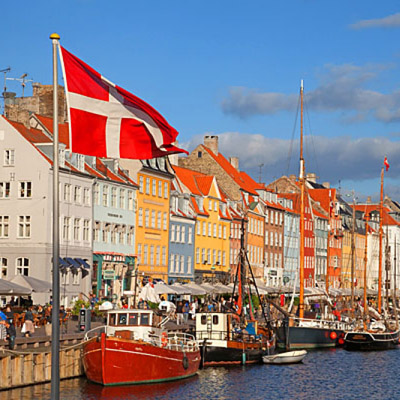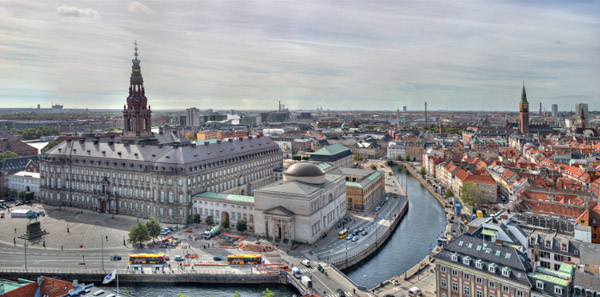 One of the first questions people ask when I tell them that I’m running for mayor of Woonsocket is, “Are you a Democrat or Republican?” My usual response is, “Well, the election is non-partisan, and I don’t think a D or an R next to anyones name is particularly relevant when it comes to local government but, if you must know, I am a member of the Green Party of Rhode Island.”
One of the first questions people ask when I tell them that I’m running for mayor of Woonsocket is, “Are you a Democrat or Republican?” My usual response is, “Well, the election is non-partisan, and I don’t think a D or an R next to anyones name is particularly relevant when it comes to local government but, if you must know, I am a member of the Green Party of Rhode Island.”
This response is usually met with either a) a quizzical look, or b) “Oh, you’re one of them treehuggers.”
At this point, I will usually try to impress upon that person that, even though we may be surrounded by bricks, steel, and concrete in our urban environment, we are still part of nature. We do not have dominion over nature, and as we’re seeing with rising sea levels, more violent and frequent snow and rain storms, and longer and more intense heat waves, nature is, in fact, exhibiting dominion over us.
Now, I am not the type to be out on the high seas, trying to sink whaling ships, or chaining myself to a tree to prevent development – I will say, however, that new development in a city and state that are losing population seems counter-intuitive – but I do understand that a reverence for nature and a restoration of the natural balance of the planet is in order to prevent the further economic and social degradation of our city, state, country, and planet.
Often, environmental protection and restoration, and the development of jobs and the economy are pitted against one another in the political arena. The arguments for favoring economic development over protecting the environment usually revolve around the creation of jobs. While we certainly could use an influx of jobs in Rhode Island, I believe the potential to create jobs in the environmental protection, restoration, and clean energy sectors is far greater than the potential in the traditional “job creators” in the retail, service, construction, and financial sectors.
Think of the amount of jobs that would be created if we invested in removing ourselves from fossil fuel-based energy production. Investments in solar, wind, geothermal, and waste-based energy production would create more, and more lasting, good paying jobs than continuing to invest in oil, coal, and natural gas fired energy production. These investments would create jobs throughout the spectrum of skill and pay grades, from the equipment operator used to prepare sites and install these technologies, to the scientists, engineers, architects, and designers who envision their implementation and continue to improve their efficiency. We will also need manufacturers to produce these technologies, and long-term jobs are created to provide for the maintenance of these technologies.
Investments in restoring the quality of our air, water, and soil would also create jobs in all of these sectors. Rhode Island, acre for acre, is the most polluted state in the country. If we decided to clean it up, we could create a lot of jobs.
As it stands, our entire economy is based on the production and consumption of a finite supply of fossil fuels. It is also assumed that, in order to have a healthy economy, it must grow at 2-3 percent in perpetuity. Now, I’m no economist, but the idea that infinite growth can be based on the production and consumption of finite resources seems like a fantasy to me.
I’ve also heard from some recently, the belief that renewable energy sources and technologies cannot be sustained or advanced without federal subsidies. I could argue against the merits of this belief for days, but I think that the following is a more telling, and compelling, argument.
It would appear that the polluting fossil fuel industry cannot be sustained without them either.
According to a study and policy proposal by the conservative think-tank The Brookings Institute, the U.S. provides $4 billion per year in subsidies to these companies that power our lives, but pollute the commons in the process. The report also recommends eliminating nearly all of those subsidies. I should think that those dollars would be better spent on energy sources and technologies that can provide energy, don’t sully our air, water, and soil in the process, and actually stand to significantly improve the quality of life for not just Americans, but the rest of the world as well.
In closing, I’ll offer you this, the Ten Key Values of the Green Party. Read through them. Most folks who consider themselves Democrats read them and say, “Wow! I’m really a Green.” I’ve even met quite a few folks who consider themselves Libertarians that read the values and switch.
You could choose between the right or the left, but wouldn’t you rather move forward?
